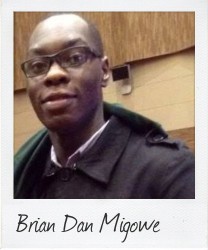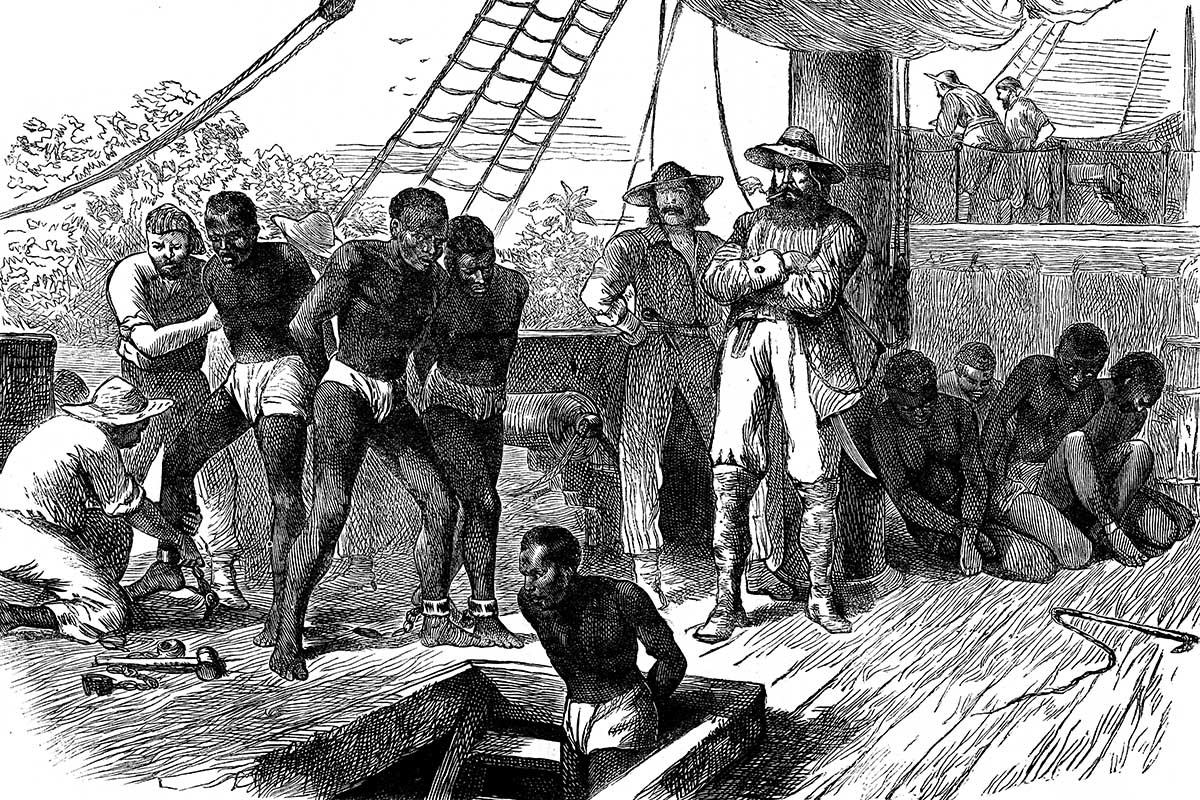“A century of youth dialogues-post Malta, 2015”
December 30th, 2015 The Commonwealth Youth Forum in Malta examined youth policy successes and shortfalls of the past decade, writes Brian Dan Migowe, 24, a Commonwealth Correspondent from Kenya. He calls for more engagement to support the positive progress that has emerged.
The Commonwealth Youth Forum in Malta examined youth policy successes and shortfalls of the past decade, writes Brian Dan Migowe, 24, a Commonwealth Correspondent from Kenya. He calls for more engagement to support the positive progress that has emerged.
2015 It is! A century into the celebration of one of the world’s greatest and dynamic Youth Forum. The 10th Commonwealth Youth Forum began on the 21st of November 2015 with an impressive display of Maltese heritage in song and dance. Like all before, it was a show case of the diversity represented by the Commonwealth nations.
More than 200 youth leaders from across the Commonwealth’s 53 member countries gathered in Malta, and were determined to join the world leaders in shaping youth policies around the world.
The five-day forum brought youth delegates to explore the key issues facing their generation, and determine their role in implementing the Global Goals held under the theme “Adding Global value…#What Next?”
At the opening ceremony, Malta’s Prime Minister, Joseph Muscat, said: “Don’t be afraid to come up with outrageous ideas. Don’t hide from provocative debates. We expect this sort of energy from young people, and I am confident that you will use this Forum to push through an ambitious agenda.”
True to this, 10 years of continuous debates and policy change is a reflection of somewhat satisfactory youth inclusivity in policy issues and democratic space in the Commonwealth member states. The Youth Forum is anchored in six objectives: to contribute to the achievement of the objectives of the Commonwealth by promoting mutual collaboration among young people without distinction of race, ethnic origin, caste, colour, sex, gender, sexual orientation, disability, special needs, socio-economic status, marital status, language, religious belief or political opinion; to be a global platform which mainstreams young people into the work of the Commonwealth at all levels; to be a centre for mobilising, harmonising, formalising, recognising, legitimising, utilising, and prioritising the voices and actions of young people in the advancement of youth; to be a unified voice for youth in the Commonwealth; and to encourage and extend, as appropriate, assistance to Commonwealth countries, in particular small states, in the promotion and acceleration of their youth development strategies.
It is also intended to advocate the inclusion, and encourage governments to include young people in delegations to international functions and as members of in particular, Commonwealth Ministerial Meetings, Commonwealth Heads of Governments Meetings and United Nations meetings; to support young people’s participation in election observer missions, Commonwealth Board of Governors and other Commonwealth meetings; to be a centre for information on youth work and development, and accordingly collect, monitor, analyse and disseminate information including the exchange of experiences and best practices in youth-led development; and to provide a website, online resources and to create project plans and campaigns so that young people can be integral in the achievement of the Commonwealth youth development agenda and sustainable development; and to partner with the Commonwealth Secretariat and other Commonwealth organisations with a focus on youth development, to ensure a relevant, impactful and unified youth development agenda across the Commonwealth.
A reflection on the past ten years therefore showcases the achievement of these goals within the set parameters and the shortfalls of various governments in their binding commitment to foster positive youth foundations. Its two billion people, who account for nearly 30 per cent of the world’s population, are found in Africa, Asia, the Americas, the Caribbean, Europe and the South Pacific. They are of many religions, races, languages and cultures and of course are exposed to different and dynamic social-political landscapes. Africa as a continent has been predisposed to certain political intolerance and unethical professionalism with regards to holders of political offices. The ripple effect is that fewer opportunities have been accorded to the youthful population. Yet the lighting armour shines brighter today than yesterday, for today most of the African Governments have obligated themselves into ensuring that there is youth inclusivity at different levels of decision making and leadership. For instance, countries such as Tanzania, Kenya, South Africa and Botswana just to mention a few. Recognition of the youth with special needs has been a milestone for most governments, not only in Africa but wide across the Commonwealth member states.
It’s a marathon with a call for more athletes – those in political leadership, enterprise management, non-government institutions and youth change makers – to make the 21st century the youth revolution century. This remains a call for the youth, even as we embark on post Malta debates and talks.
photo credit: DSC_4202 via photopin (license)
………………………………………………………………………………………………………
About me: I am a law student with a passion for writing and youth advocacy. I observe people, nature, the environment and daily life and am enthusiastic about sharing them on pen and paper.
I am an open-minded individual who acknowledges the diversity of the world’s population. Sometimes I am awed by how life plays out, but in writing I make the story as I want it. My hobbies are swimming and indoor games.
…………………………………………………………………………………………………………………
Opinions expressed in this article are those of the author and do not necessarily represent the views of the Commonwealth Youth Programme. Articles are published in a spirit of dialogue, respect and understanding. If you disagree, why not submit a response?
To learn more about becoming a Commonwealth Correspondent please visit: http://www.yourcommonwealth.org/submit-articles/commonwealthcorrespondents/
…………………………………………………………………………………………………………………




